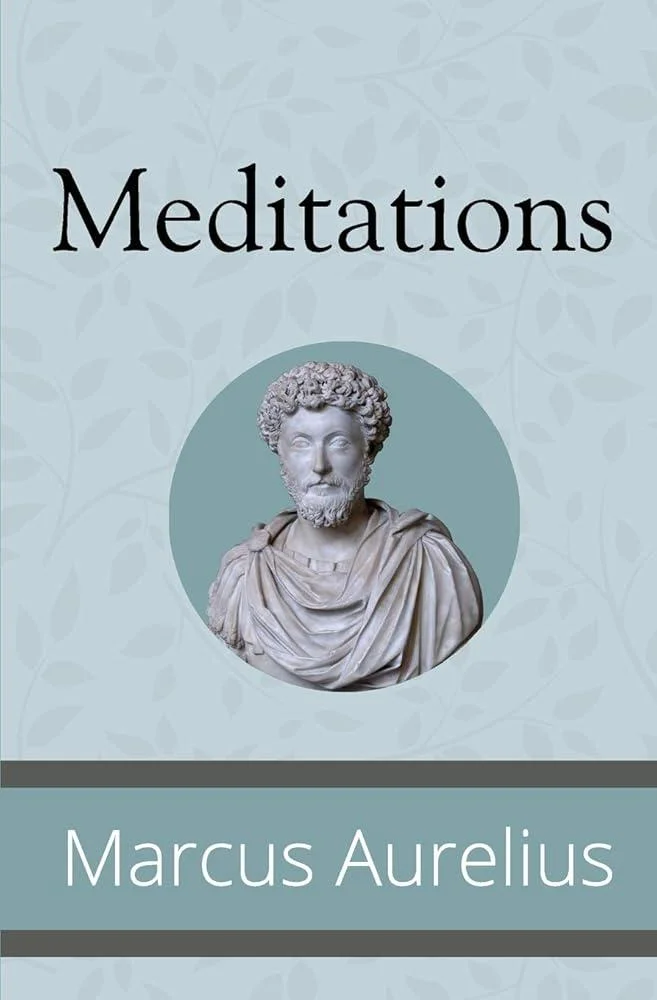Nothing happens to any man which he is not formed by nature to bear. Throughout his life, the Roman emperor Marcus Aurelius kept notes for self improvement, and Meditations is a collaboration of these notes ranging from a single sentence to long paragraphs. Segmented into twelve chapters, or "meditations," Marcus Aurelius' famous philosophical work chronicles 12 important times in his life and provides a modern understanding of stoic philosophy that was prevalent during the Roman Empire.
Marcus Aurelius
Marcus Aurelius was a Roman emperor and philosopher known for his work "Meditations," a series of personal writings that reflect on Stoic philosophy and the nature of life. Written during his reign from 161 to 180 AD, "Meditations" is considered a classic of Western literature and has had a profound influence on the field of philosophy. Aurelius' writing style is introspective and contemplative, focusing on themes of self-improvement, resilience, and the acceptance of fate. His contributions to literature have provided readers with timeless wisdom and practical advice on how to live a meaningful and virtuous life.









